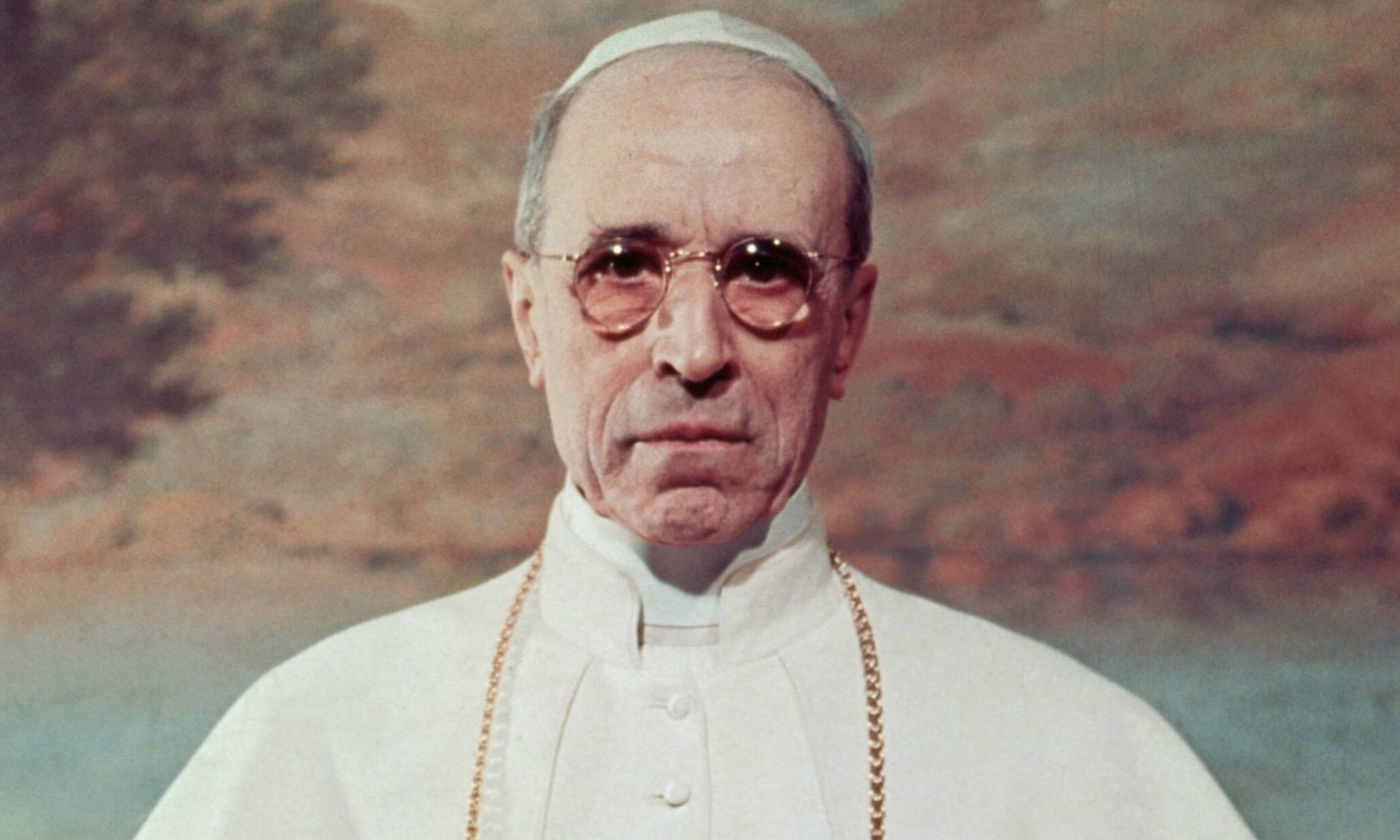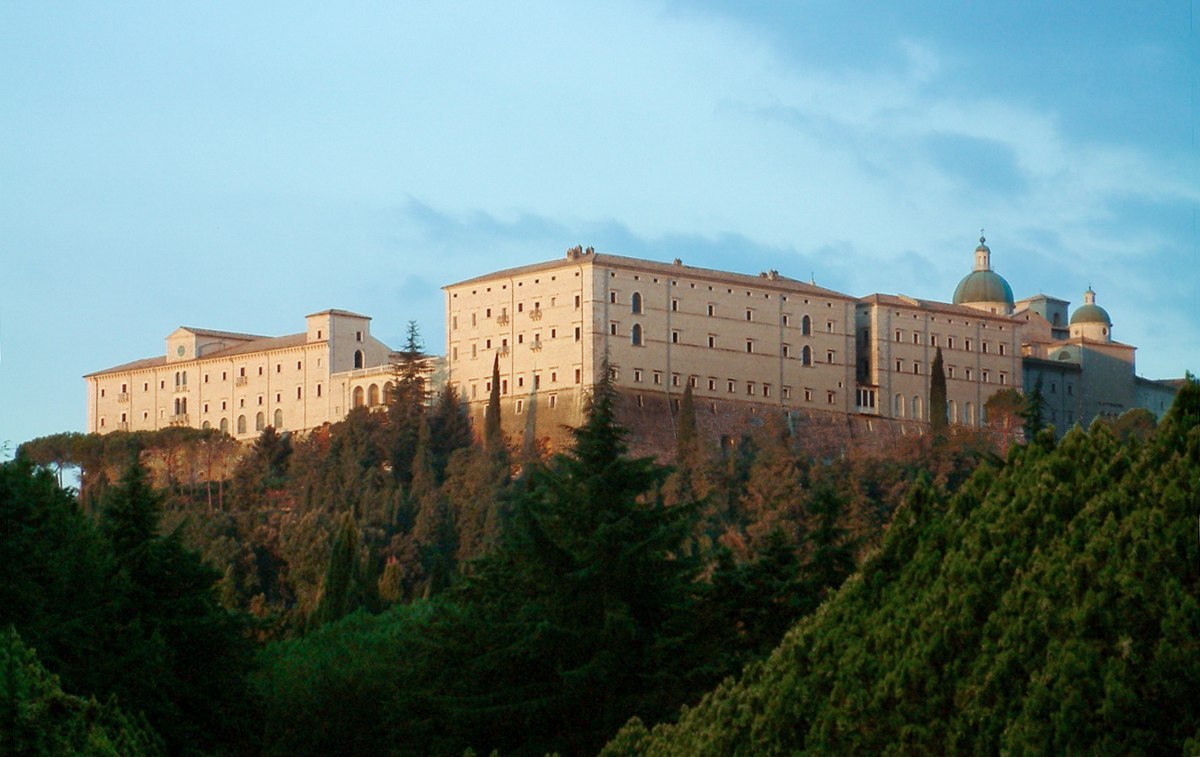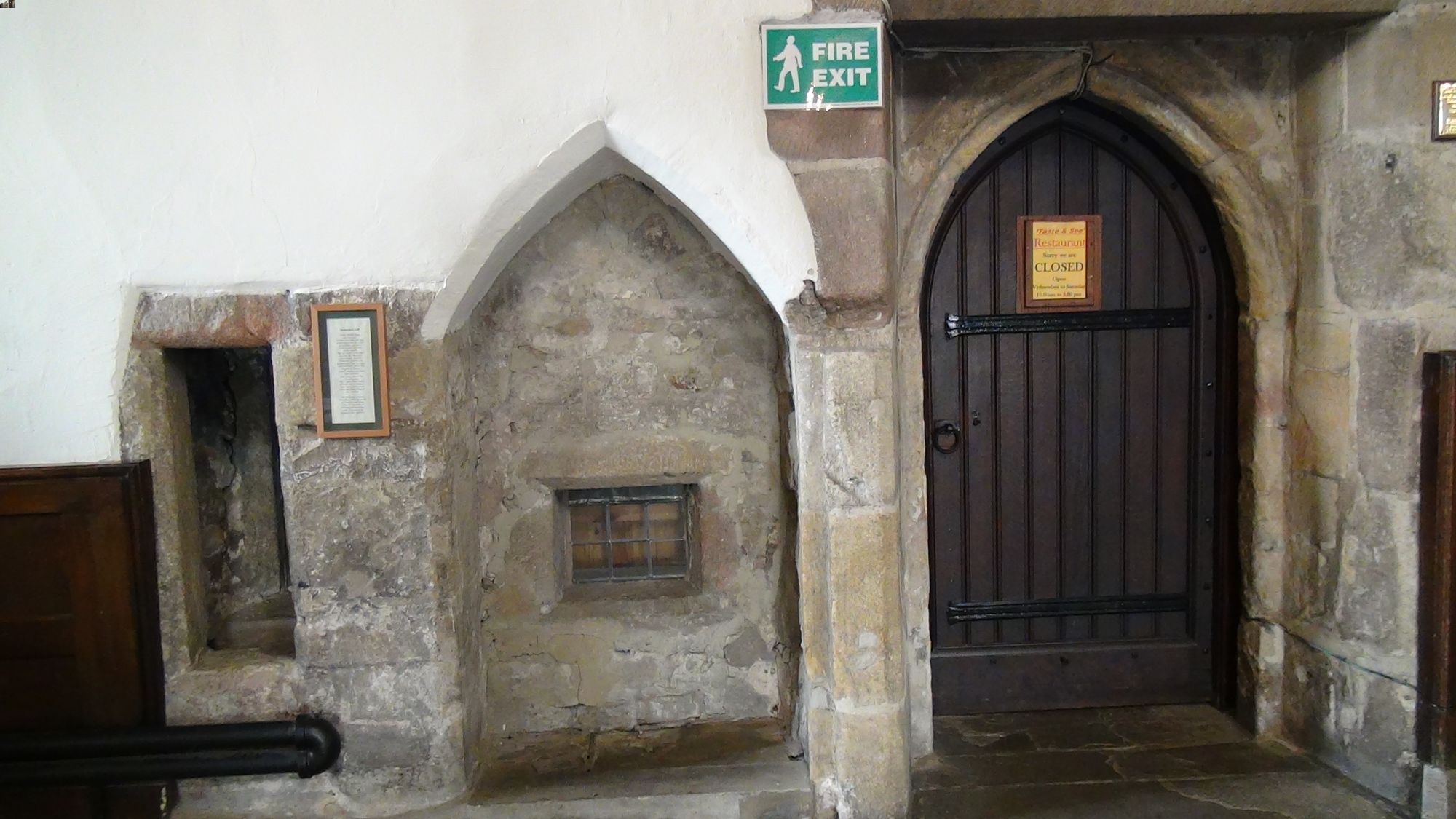
Who were the antipopes? Antipopes were individuals who claimed to be the Pope in opposition to the one chosen by the official church. Why did they exist? They emerged due to political, theological, or personal conflicts within the church. How many were there? There were about 30 recognized antipopes throughout history. What impact did they have? Their existence often led to significant schisms and conflicts within the church, affecting not only religious but also political landscapes. Why should you care? Understanding antipopes helps grasp the complexities of church history and the power struggles that shaped the medieval world.
Who Was Antipope?
Antipopes were individuals who, in opposition to the one generally seen as the legitimate pope, made a significant claim to the papal throne. These figures often emerged during times of political or religious turmoil. Here are some intriguing facts about these controversial figures.
- The term "antipope" originates from the Greek word "antipapas," meaning "against the pope."
- The first recognized antipope was Hippolytus of Rome, who opposed Pope Callixtus I in the 3rd century.
- Antipopes often had significant political backing, usually from factions within the church or secular rulers.
- The Western Schism (1378-1417) saw multiple antipopes, leading to a divided Catholic Church.
- Clement VII, an antipope during the Western Schism, was based in Avignon, France.
- The Council of Constance (1414-1418) ended the Western Schism by deposing or accepting the resignation of the rival popes.
- Some antipopes were later recognized as legitimate popes by the Catholic Church.
- Antipope Felix II, who reigned in the 4th century, was later considered a saint by the Catholic Church.
- The term "antipope" is not used in official church documents but is a historical term used by scholars.
- Antipopes often had their own followers and established their own papal courts.
Famous Antipopes
Certain antipopes have left a lasting mark on history due to their actions and the controversies surrounding them. Here are some of the most notable ones.
- Antipope Novatian, who opposed Pope Cornelius in the 3rd century, was a rigorist who believed in a strict interpretation of Christian doctrine.
- Antipope Clement III, who reigned from 1080 to 1100, was installed by the Holy Roman Emperor Henry IV.
- Antipope Anacletus II, who reigned from 1130 to 1138, was a significant figure during the Investiture Controversy.
- Antipope John XXIII, not to be confused with the 20th-century pope of the same name, was deposed at the Council of Constance.
- Antipope Benedict XIII, who reigned from 1394 to 1423, refused to step down even after the Council of Constance.
- Antipope Victor IV, who reigned from 1159 to 1164, was supported by the Holy Roman Emperor Frederick I Barbarossa.
- Antipope Paschal III, who reigned from 1164 to 1168, was also backed by Frederick I Barbarossa.
- Antipope Clement VIII, who reigned from 1423 to 1429, was the last antipope of the Avignon Papacy.
- Antipope Alexander V, who reigned from 1409 to 1410, was elected by the Council of Pisa in an attempt to end the Western Schism.
- Antipope Nicholas V, who reigned from 1328 to 1330, was installed by the Holy Roman Emperor Louis IV.
The Impact of Antipopes
Antipopes had a profound impact on the Catholic Church and European politics. Their existence often led to significant changes and reforms within the church.
- The presence of antipopes often led to reforms within the Catholic Church to prevent future schisms.
- The Western Schism prompted the church to establish clearer rules for papal elections.
- Antipopes sometimes led to the creation of new religious orders and movements within the church.
- The existence of antipopes highlighted the need for a more centralized and unified church authority.
- Antipopes often had significant influence on the politics of their time, aligning with various secular rulers.
- The conflicts between popes and antipopes sometimes led to wars and political upheaval in Europe.
- The resolution of the Western Schism helped to strengthen the authority of the papacy.
- Antipopes sometimes contributed to theological debates and discussions within the church.
- The existence of antipopes demonstrated the complex relationship between church and state in medieval Europe.
- The legacy of antipopes continues to be a topic of interest for historians and scholars studying the history of the Catholic Church.
Final Thoughts on Antipopes
Antipopes have played a fascinating role in history. These individuals, often elected during times of conflict or schism, challenged the authority of the recognized pope. Their stories highlight the complexities and power struggles within the Church. From Clement III to Felix V, each antipope had unique motivations and impacts. Some sought genuine reform, while others were driven by political ambitions. Understanding their histories provides insight into the broader context of religious and political dynamics of their times. While not always recognized by the Church, antipopes remind us that history is rarely black and white. Their legacies, though controversial, are integral to the tapestry of the Church's past. So next time you hear about an antipope, remember the intricate stories and the turbulent times they represent.
Was this page helpful?
Our commitment to delivering trustworthy and engaging content is at the heart of what we do. Each fact on our site is contributed by real users like you, bringing a wealth of diverse insights and information. To ensure the highest standards of accuracy and reliability, our dedicated editors meticulously review each submission. This process guarantees that the facts we share are not only fascinating but also credible. Trust in our commitment to quality and authenticity as you explore and learn with us.


